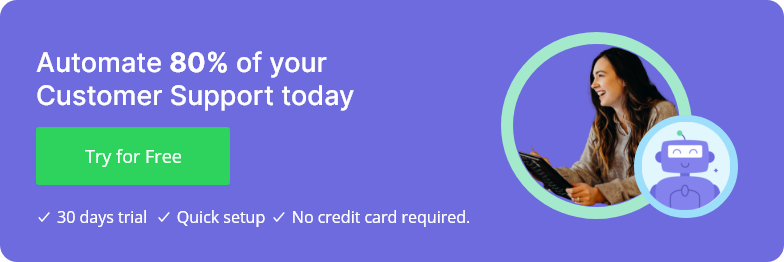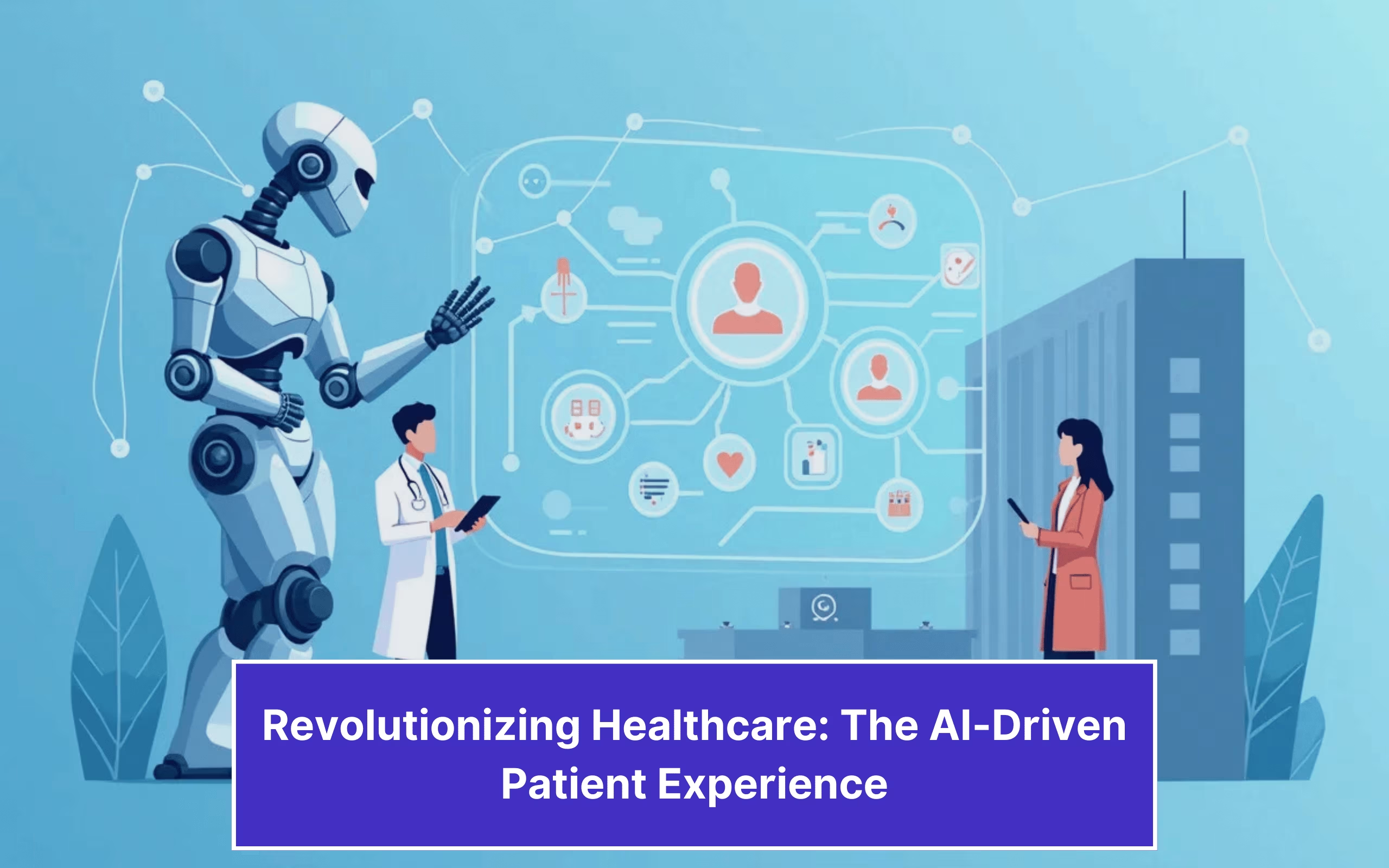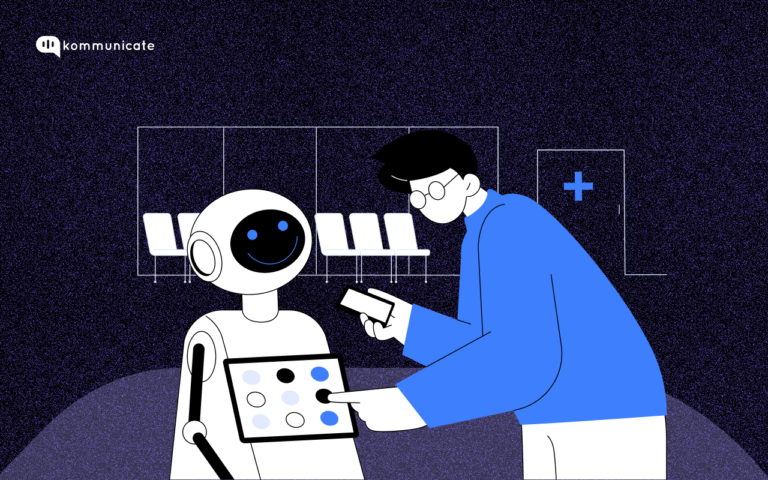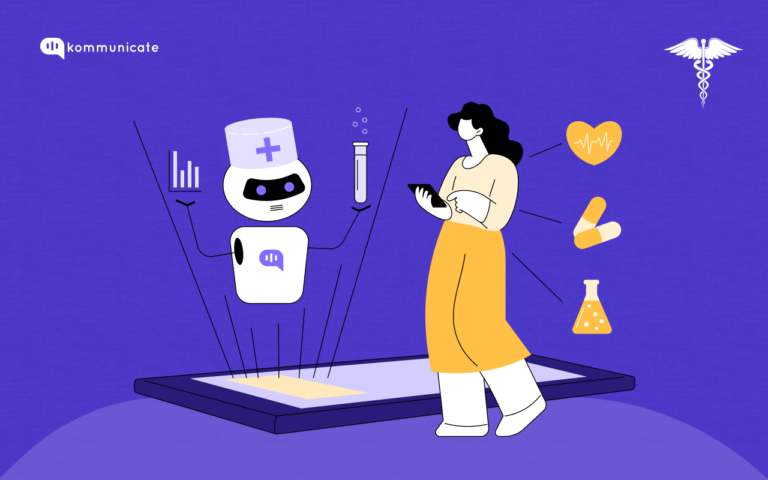Updated on October 21, 2024
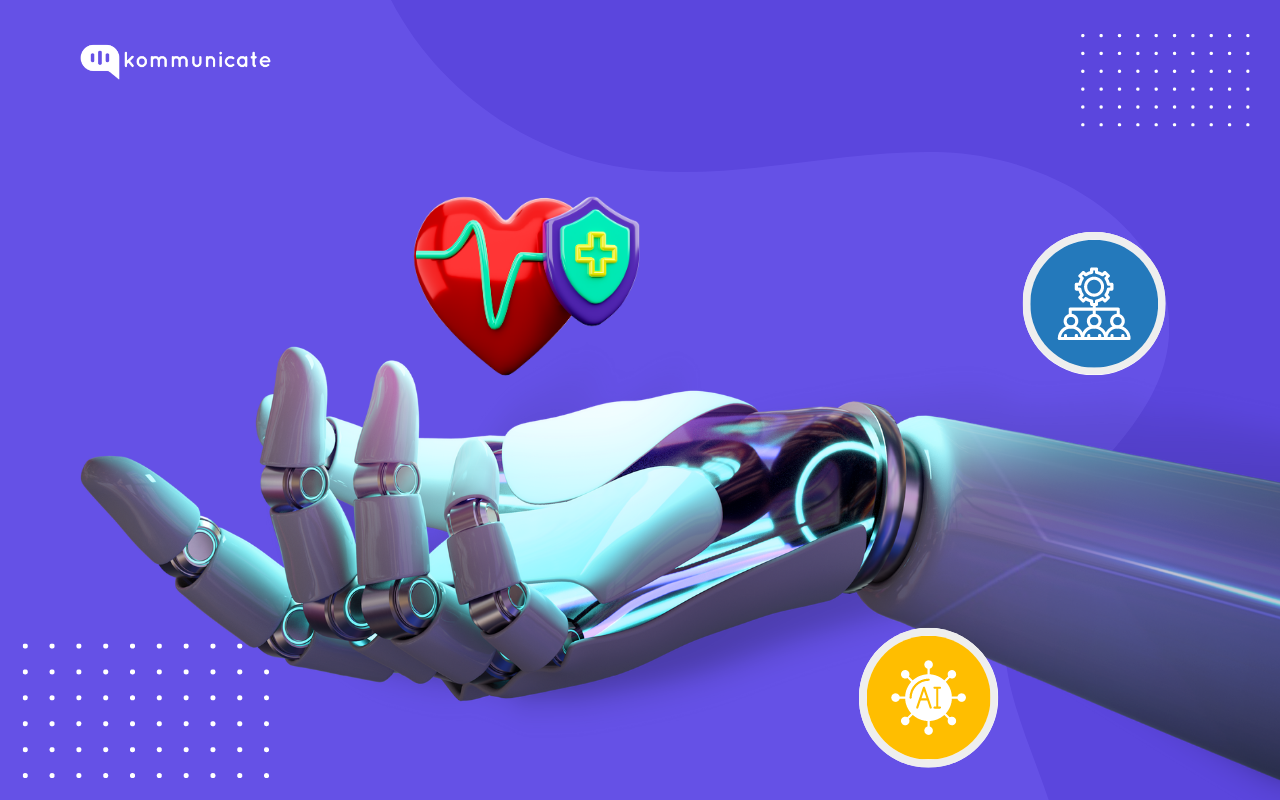
Doctors can now diagnose a stroke 60 minutes faster than with the AI-powered Brainomix e-Stroke system. Such a diagnosis can mean the difference between a full recovery or disability due to a stroke.
Postdoctoral researchers trained the da Vinci surgical robot to execute suturing tasks quicker than an expert surgical resident. The accuracy here was a staggering 99.4%!
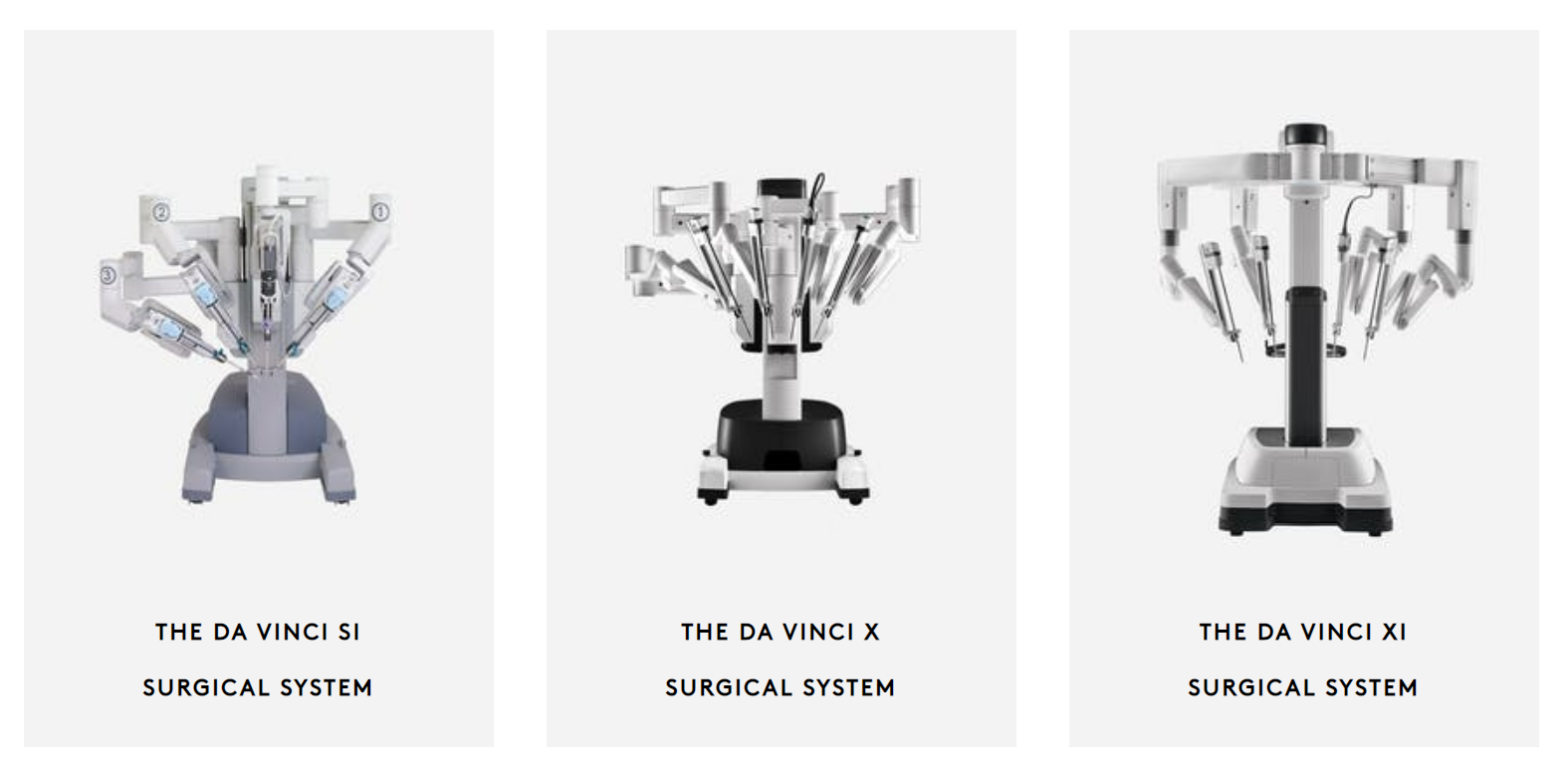
IBM’s Watson in 2016 helped identify a rare form of cancer in a woman by comparing her genetic information to 20 million cancer research papers in 10 minutes!
All these are feats that are mostly beyond the reach of human potential, even if AI is a product of human intelligence. The irony!
AI will lead the way for the next decade of medical innovation with data analytics and real-time insights saving millions of lives each day. Here we will discuss how AI will transform the face of healthcare in the coming years.

1. Predictive Medicine Driven by Real-Time Analytics
Predictive analytics plays a crucial role in the healthcare industry, as it can analyze vast amounts of historical and real-time data to generate valuable predictions, recommendations, and forecasts. With the ability to assess tens of thousands of data points, predictive analytics can accurately predict various outcomes, such as an individual’s risk of developing diseases or the likelihood of returning to a hospital with an infection.
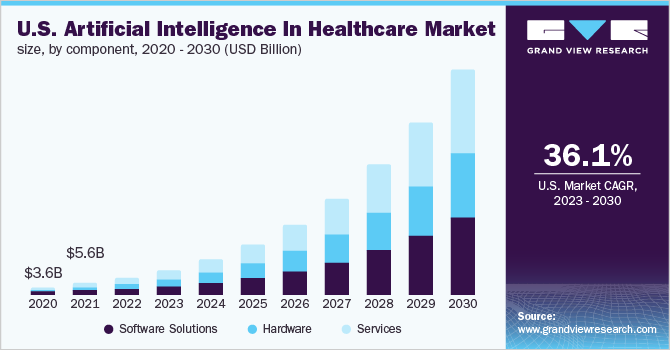
The application of predictive analytics, as discussed in our healthcare chatbot guide, enables healthcare professionals to take a proactive approach toward their treatment plans, potentially avoiding the need for costly and time-consuming medical procedures. Healthcare chatbots can leverage this technology to analyze patient data and offer timely interventions, further enhancing preventive care. Overall, predictive analytics, integrated with healthcare chatbots, has the potential to revolutionize the healthcare industry by improving patient outcomes and promoting a more efficient healthcare system.
For example, Duke University’s Sepsis Watch application compares patient data against millions of lab results, medicine administration, and vital-sign measurements. Sepsis is an intense reaction to infection that is often hard to diagnose accurately.
2. Accelerated Drug Discovery
AI technology has the potential to expedite and streamline the drug discovery process, making it more efficient and cost-effective. Now, what is drug discovery? It is the process of identifying the therapeutic elements of certain elements and compounds in the pharmaceutical industry. This identification will help refine the elements/compounds into refined drugs that can be made to treat specific diseases or illnesses.
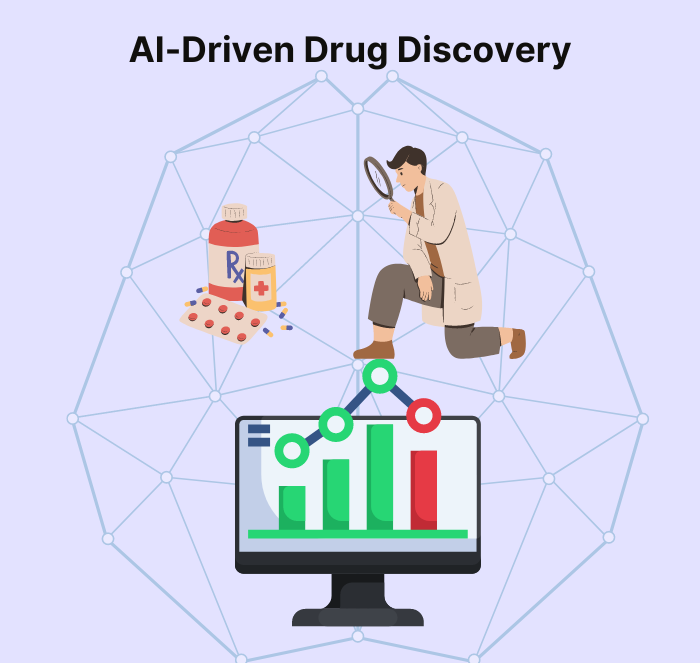
By analyzing large amounts of information and data from samples of tissue or blood, AI can aid researchers in identifying new compounds that are likely to target specific proteins related to a particular disease. In fact, during the COVID-19 pandemic, AI was utilized to successfully identify potential drugs that could effectively treat the virus.
For example, Google’s Deepmind AI system AlphaFold recently made a groundbreaking discovery in determining how proteins fold into their 3D structure. This achievement could potentially create new opportunities in structure-based drug design, offering new avenues for developing effective treatments for various diseases.
Today, more than ever before, hospitals and healthcare organizations prioritize patient satisfaction. Furthermore, with the help of machine learning and AI, patient data can provide valuable insights to improve the patient journey. By utilizing machine learning systems, hospitals have an opportunity to enhance overall health outcomes, as researchers have found that patient satisfaction is closely linked to greater compliance and treatment adherence. What does this mean? Patients can be regularly reminded of medication schedules, and medical staff can hand-off repetitive queries to AI-driven chatbots.
3. Enhancing the Patient and Employee Experience
In addition, AI can facilitate more personalized and convenient healthcare experiences. Chatbots, for example, have been employed by healthcare organizations to boost patient satisfaction. The acceptance of AI in healthcare is increasing among patients, as a 2019 Pegasystems survey of 2,000 healthcare consumers revealed that almost half (42%) of respondents were comfortable with doctors using AI to make healthcare decisions.
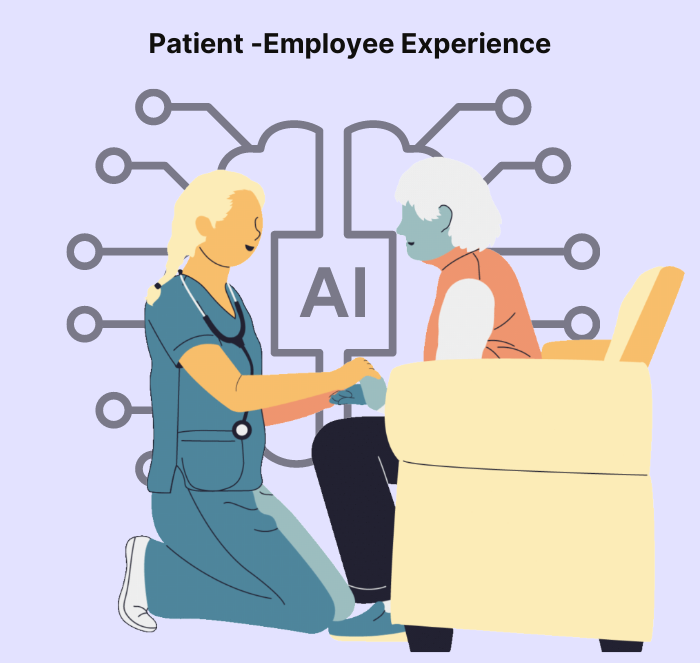
AI can also play an invaluable role for healthcare workers by automating manual tasks, reducing burnout, and freeing time. AI can eliminate or minimize the time spent on routine administrative tasks, accounting for up to 70% of a healthcare practitioner’s workload.
For example, FCB Health New York needed to address queries of Advanced Clinical Practitioners and patients at scale. The solution was Kommunicate’s customizable AI-driven chatbot built with the Kompose bot-building platform. This helped FCB Health to get the right information to people who need it the most at the right time.
4. Contributing to Wellness and Preventive Health Measures
AI has the potential to prevent people from needing medical attention or at least reduce the frequency of such visits, making it one of the most significant benefits of AI in healthcare. Incorporating AI and the Internet of Medical Things (IoMT) in consumer health applications is already providing individuals with valuable assistance.
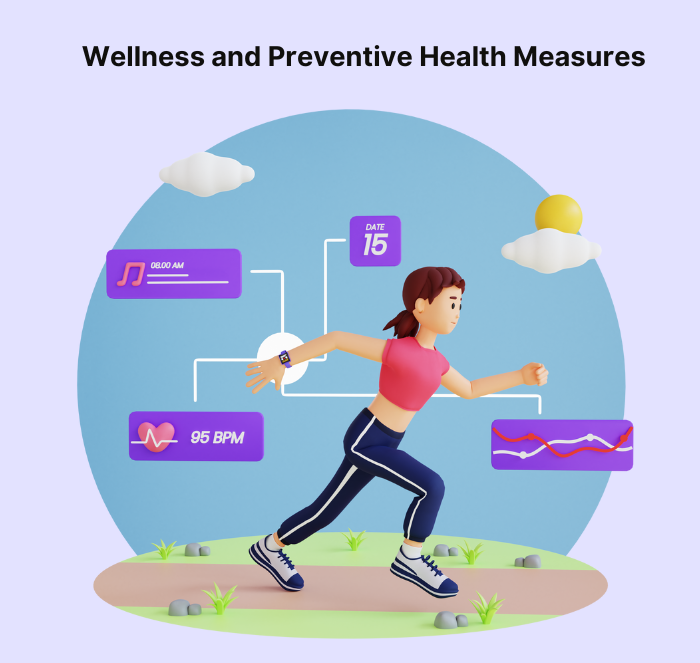
Technology applications and apps motivate people to adopt healthier behaviors, promoting proactive management of a healthy lifestyle. Empowering consumers to take control of their own health and well-being, these tools help them stay on track toward their health goals.
In addition, AI enhances healthcare professionals’ understanding of their patients’ day-to-day patterns and needs. Furthermore, it allows them to provide better feedback, guidance, and support for maintaining good health. This improved understanding can ultimately lead to more effective healthcare interventions and better patient outcomes.
For example, People already use wearable fitness techs such as fitness bands or medical-grade fitness instruments. These might include blood oxygen indicators and more. You can monitor the data from these devices to prevent disease, illness, or disorders with preventive medicine.
5. Personalized Appointment Scheduling
AI’s ability to interact with clients regularly and track their data is a major advantage. This enables businesses to understand their client’s preferences better and avoid redundancy in conversations. For instance, when a regular client contacts a hospital to book an appointment, AI can access their information immediately. Next, it would suggest experts based on their previous bookings and quickly schedule appointments with their preferred physicians.
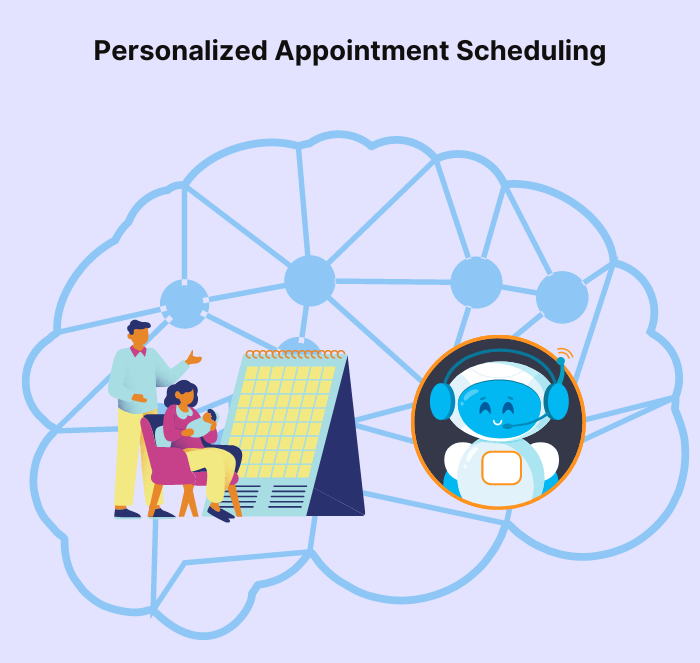
By consulting the booking calendar, AI appointment scheduling can also allocate physicians’ time slots. Additionally, conversational AI appointment booking is always available and is accessible 24/7. Clients no longer need to adhere to specific time frames, wait in queues, or stay on hold to make bookings or reservations. This flexibility makes it easier for businesses to reach a larger audience.

Furthermore, with recent technological advancements, AI booking systems can now interact in multiple languages. This allows businesses to communicate with clients in their preferred language. This makes it effortless to understand their problems and requirements and show them the availability they are looking for.
Kommunicate’s Kompose to Transform the Patient Experience
With Kompose, our proprietary bot-building platform, you can ride the AI wave and supercharge your healthcare services. Build highly customized bots to suit the specific needs of your healthcare organization to serve your patients better. Custom intents will help you tailor the queries you need your bot to answer and train your bot to reflect your healthcare brand. Our healthcare-specific bots will ensure you stay relevant in a quickly evolving healthcare marketplace.
The Final Word
AI in healthcare is a trend that will keep expanding the human potential to heal and enhance the quality of life rather than prolong it. The end goal of AI-driven healthcare is to use big-data at scale in real-time for actionable insights to save lives and improve them. Be it predictive analytics for preventive medicine or AI chatbots for personalized patient experience, AI is bound to make waves.
At Kommunicate, we envision a world-beating customer support solution to empower the new era of customer support. We would love to have you onboard to have a first-hand experience with Kommunicate. You can signup here and start delighting your customers right away.
Manab leads the Product Marketing efforts at Kommunicate. He is intrigued by the developments in the space of AI and envisions a world where AI & human works together.

